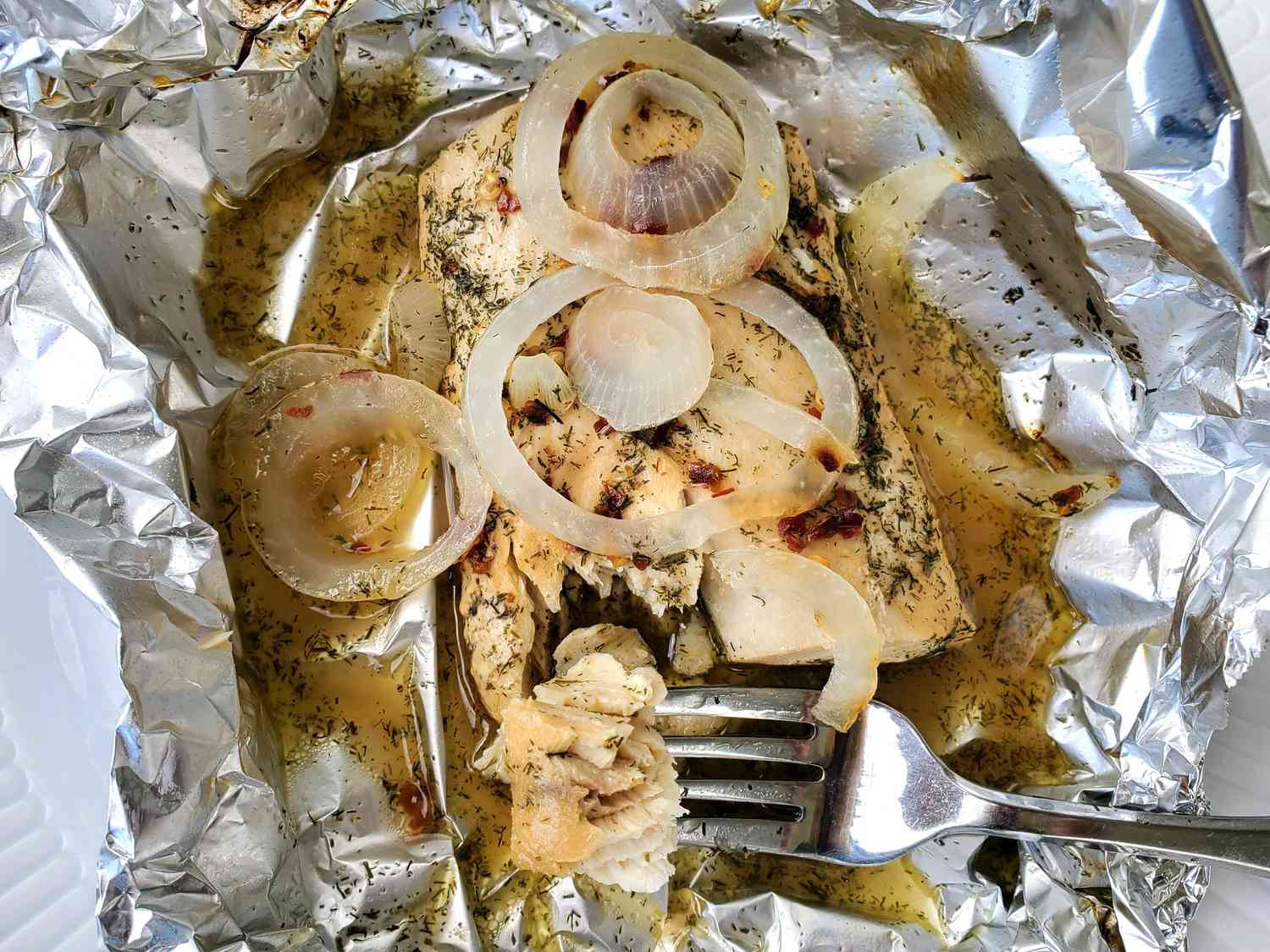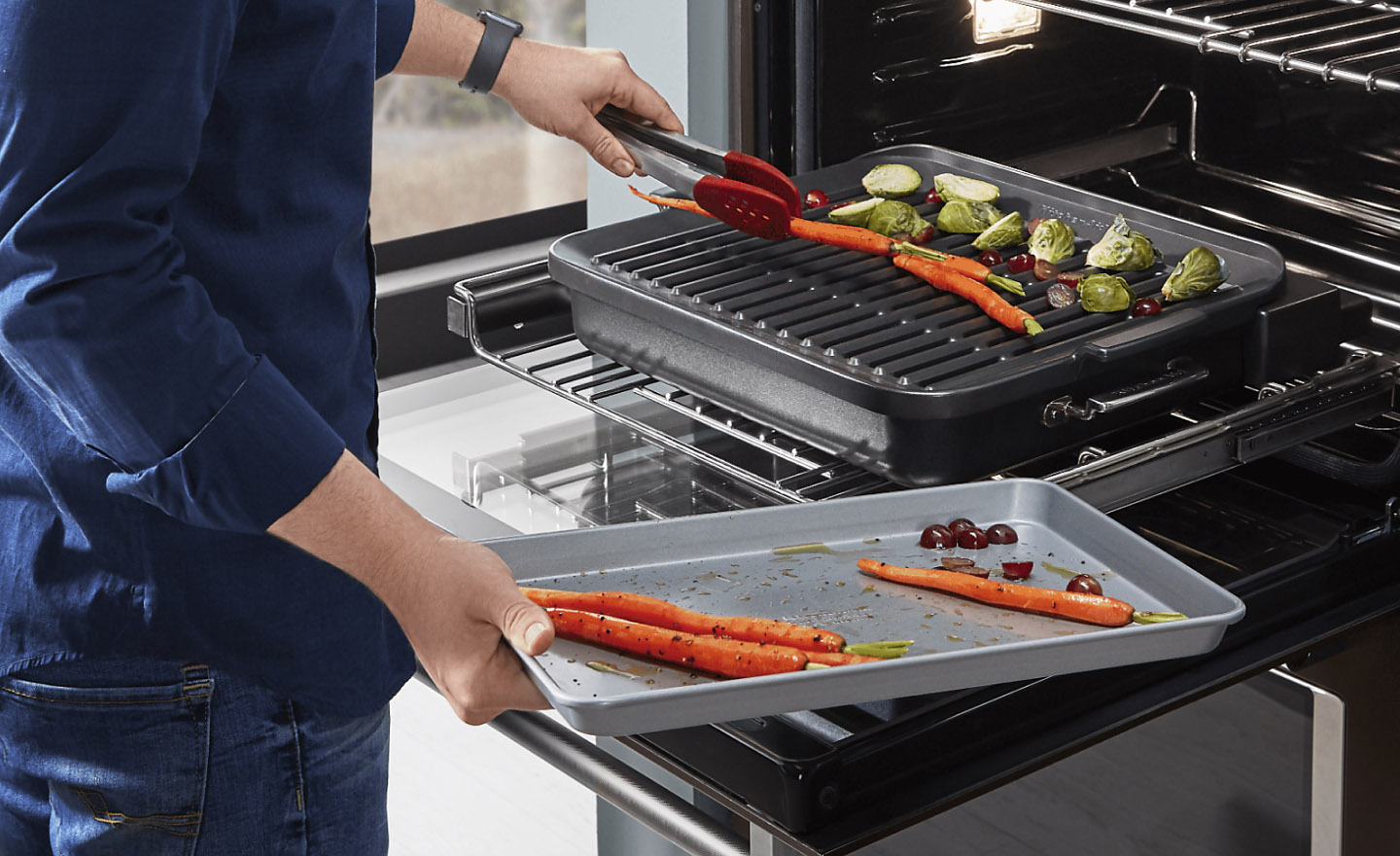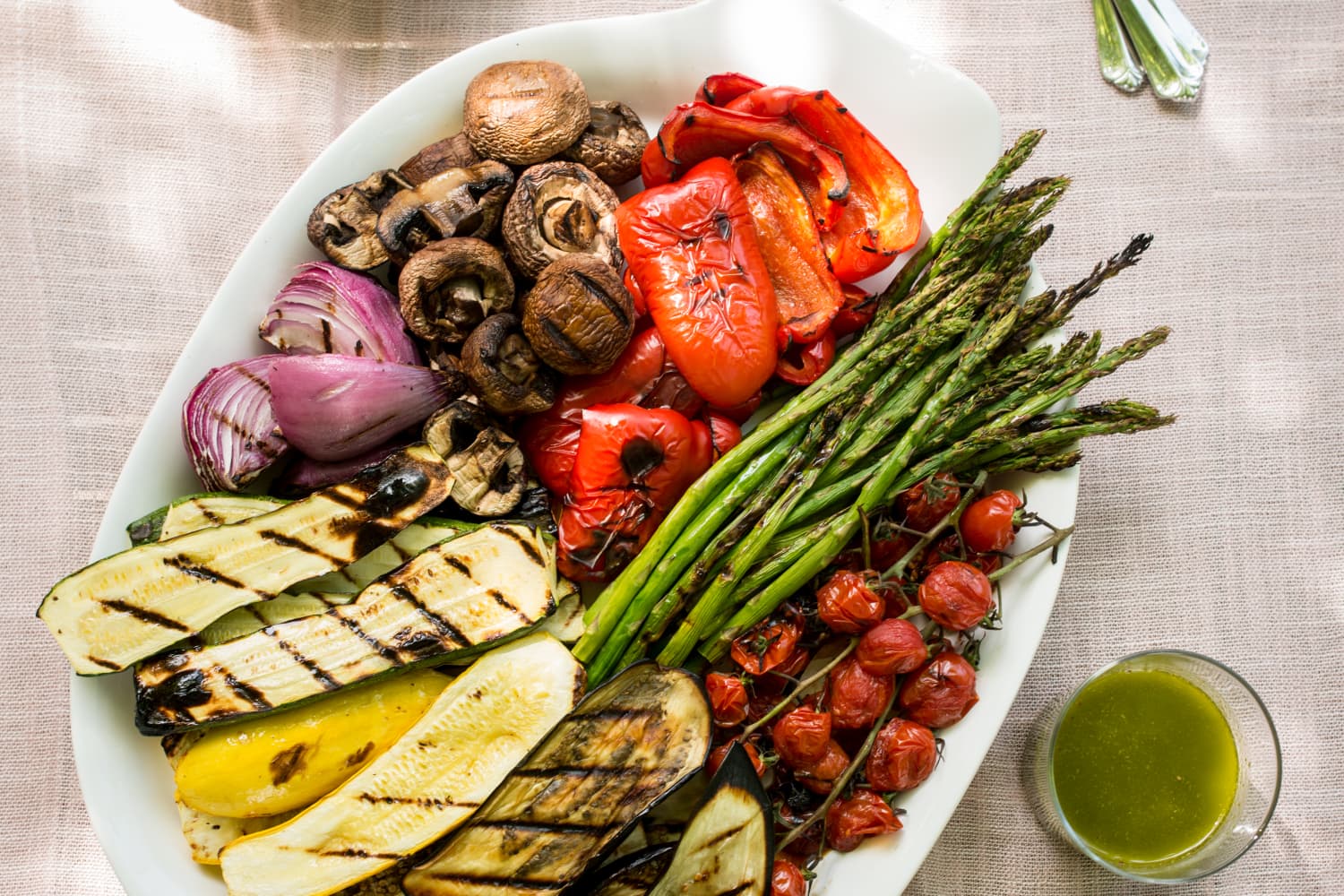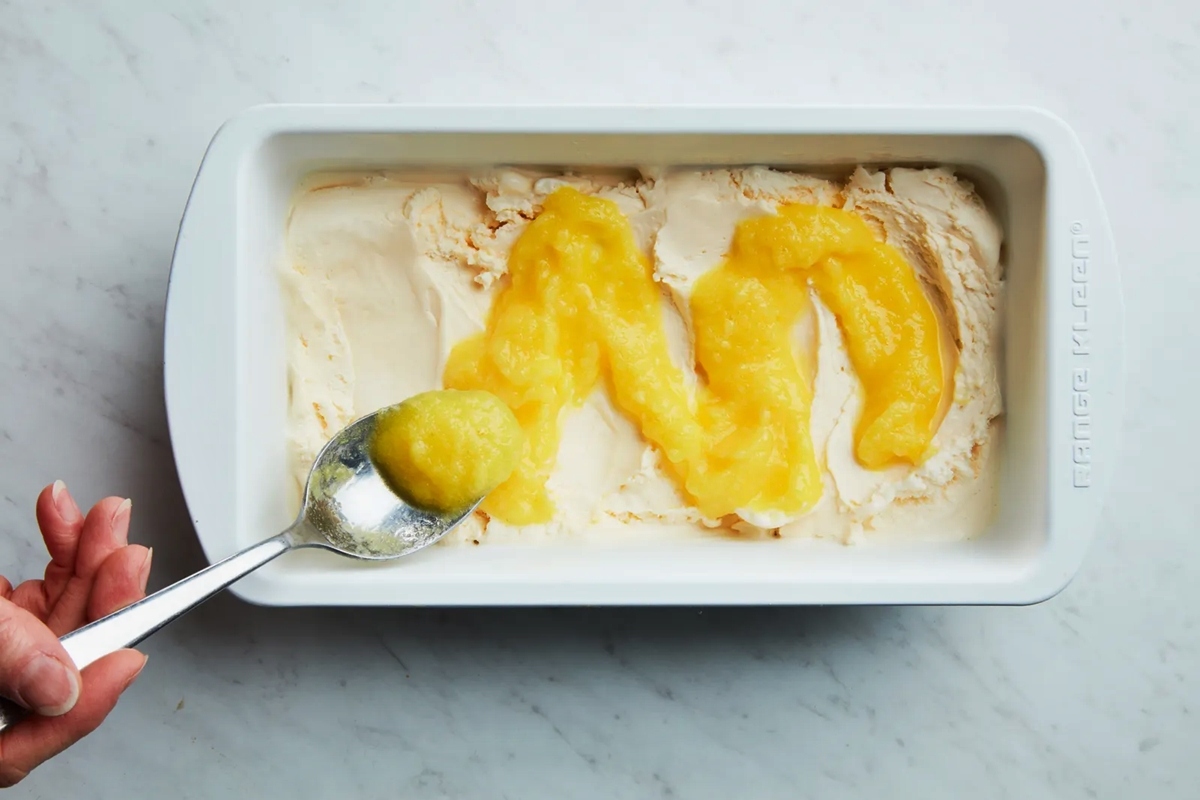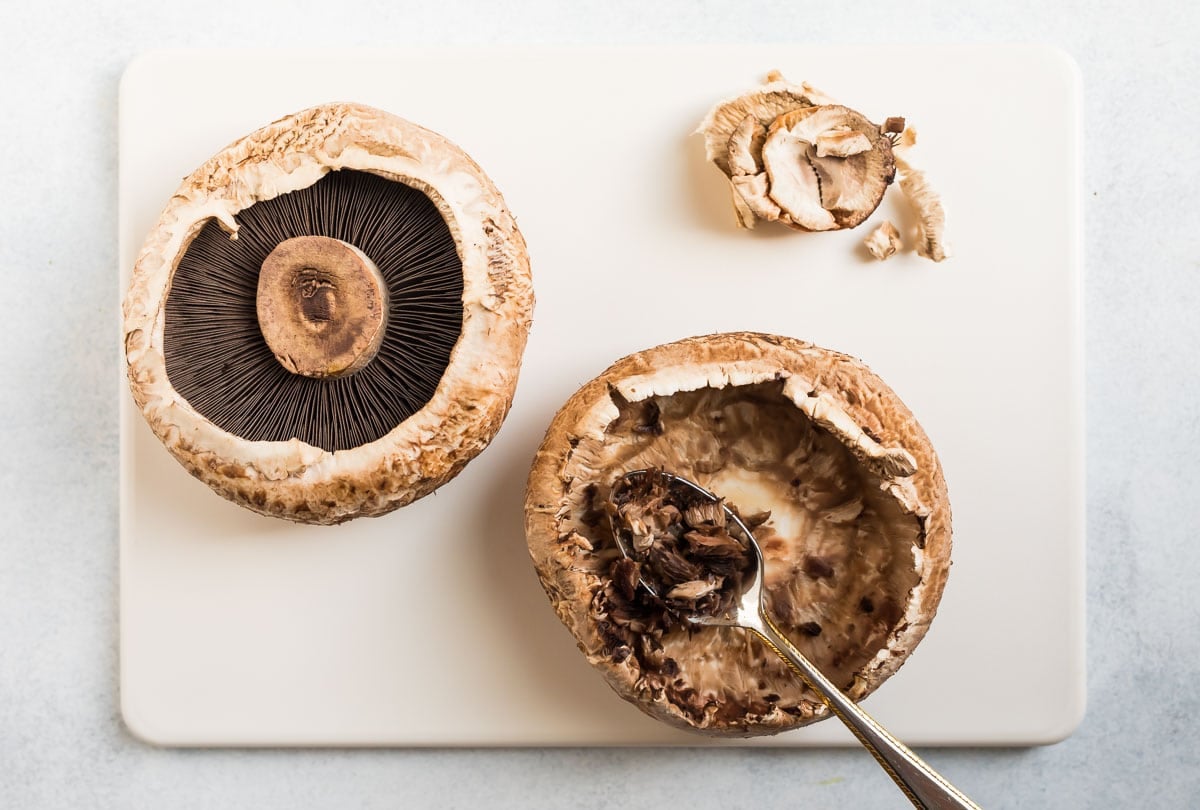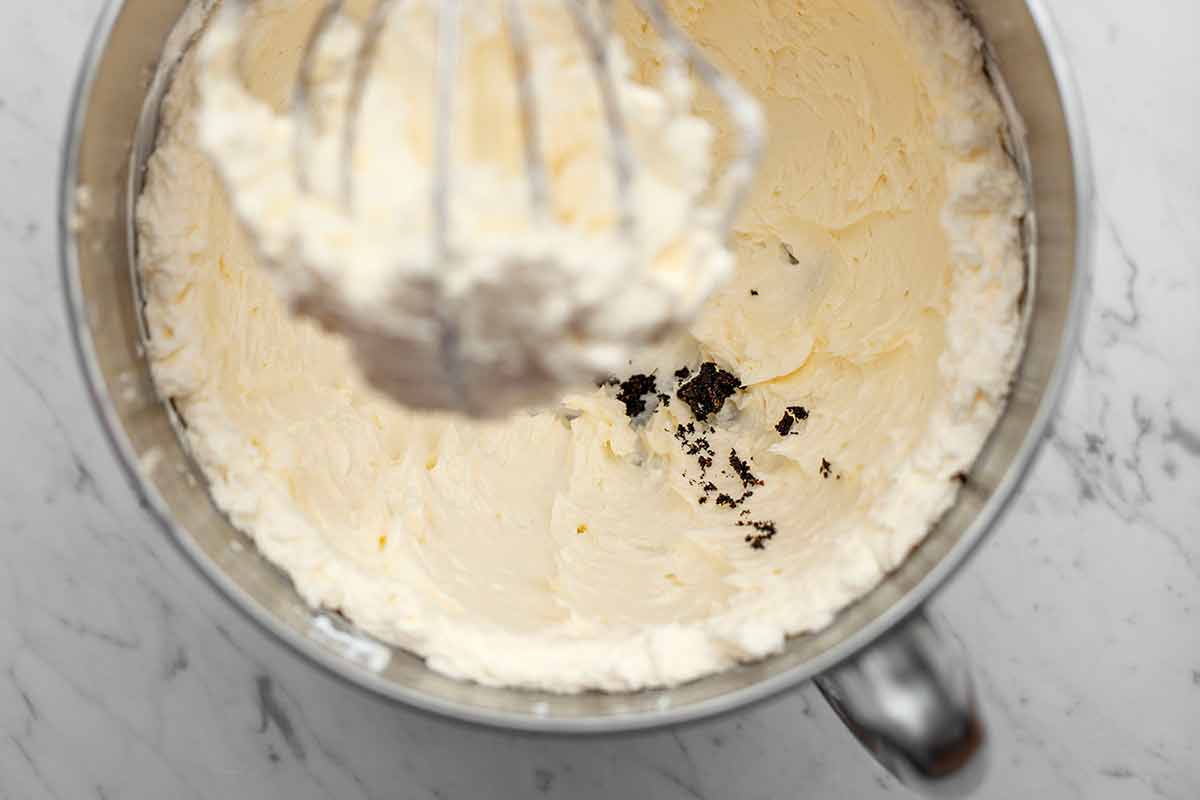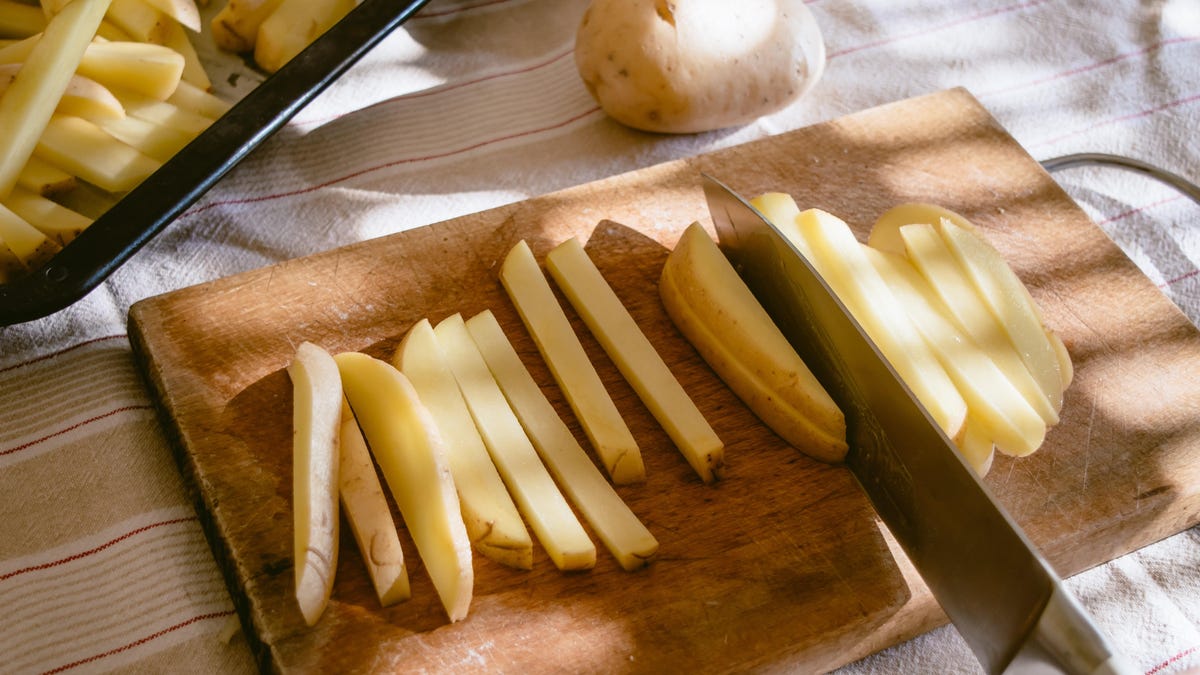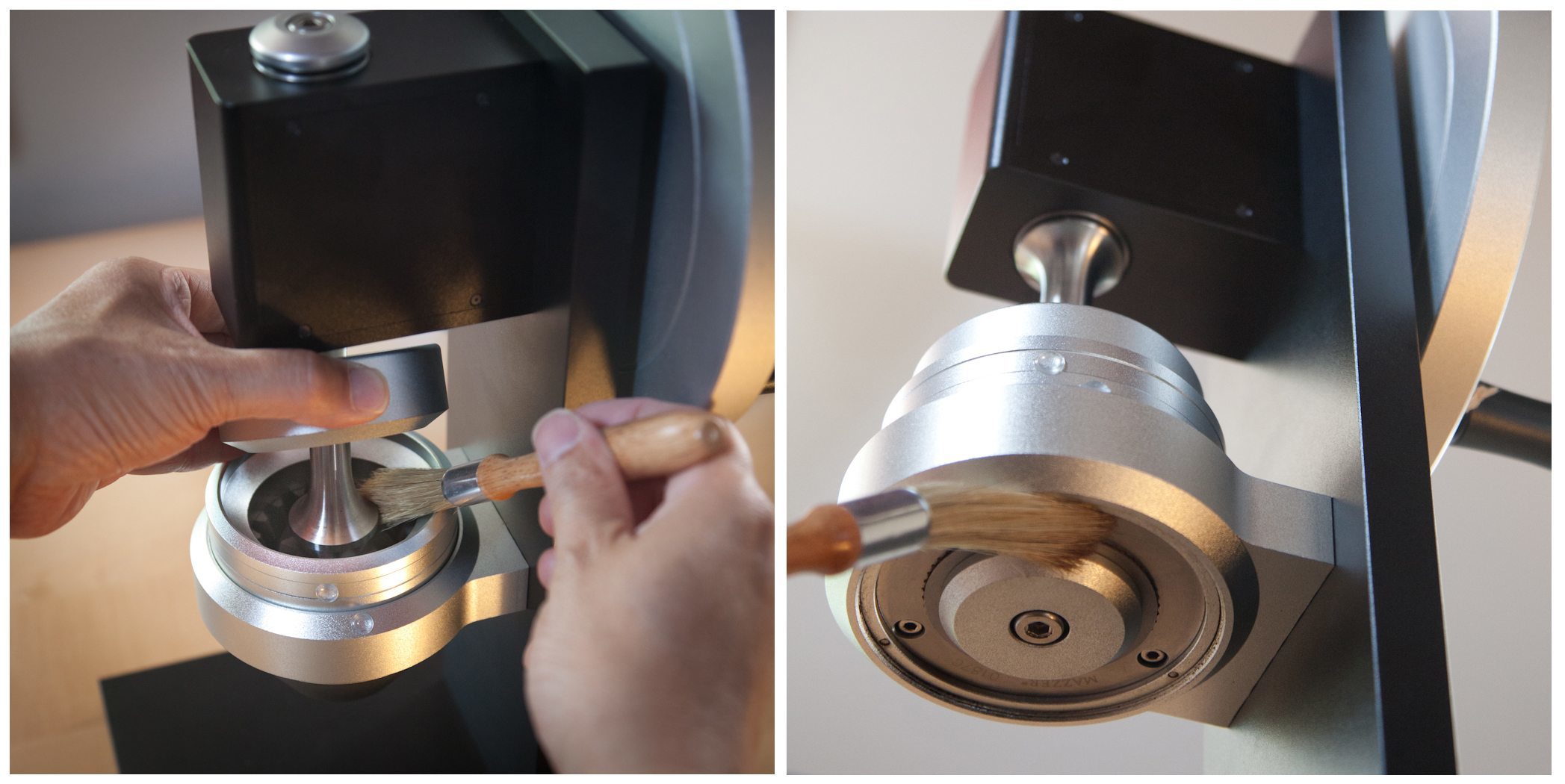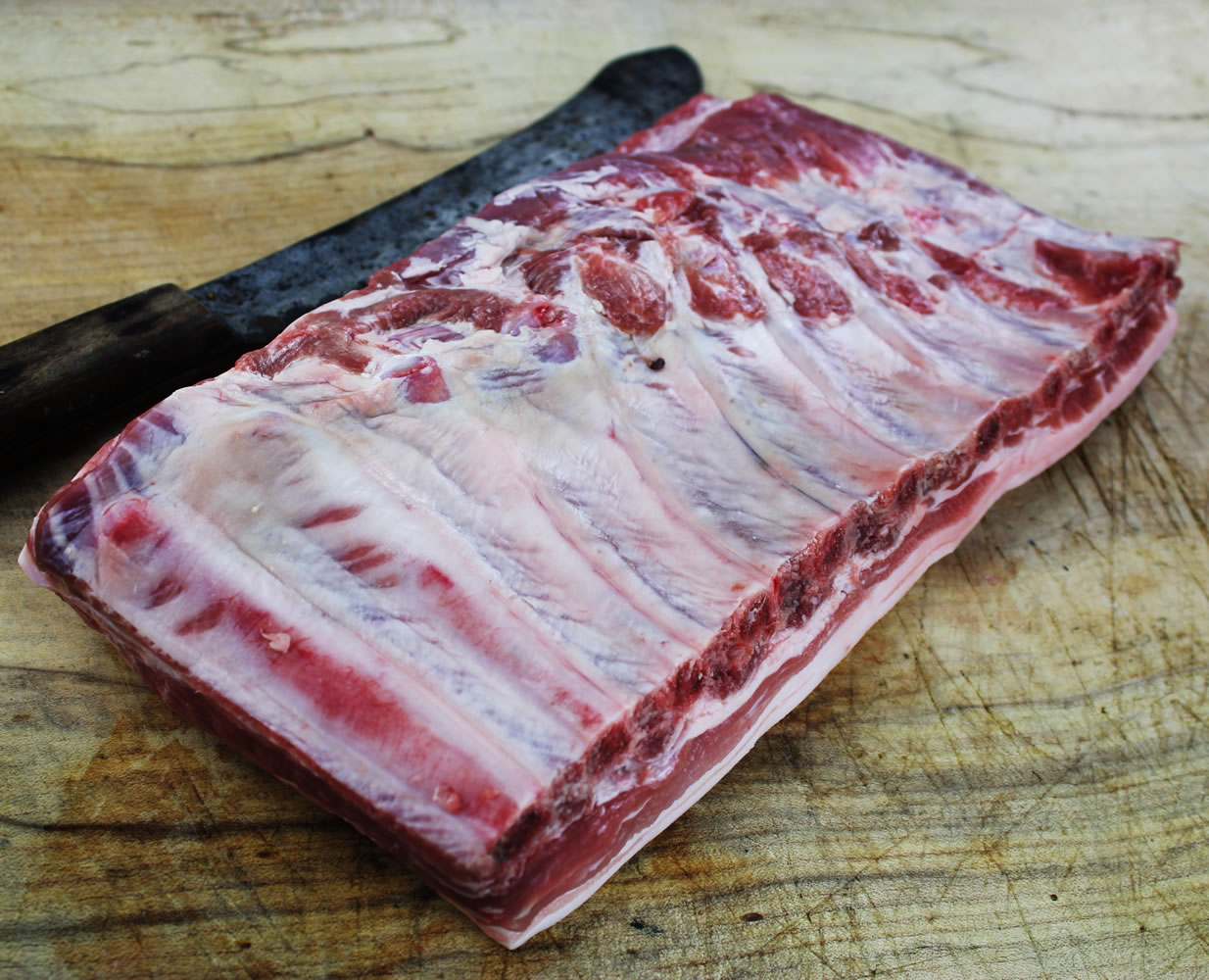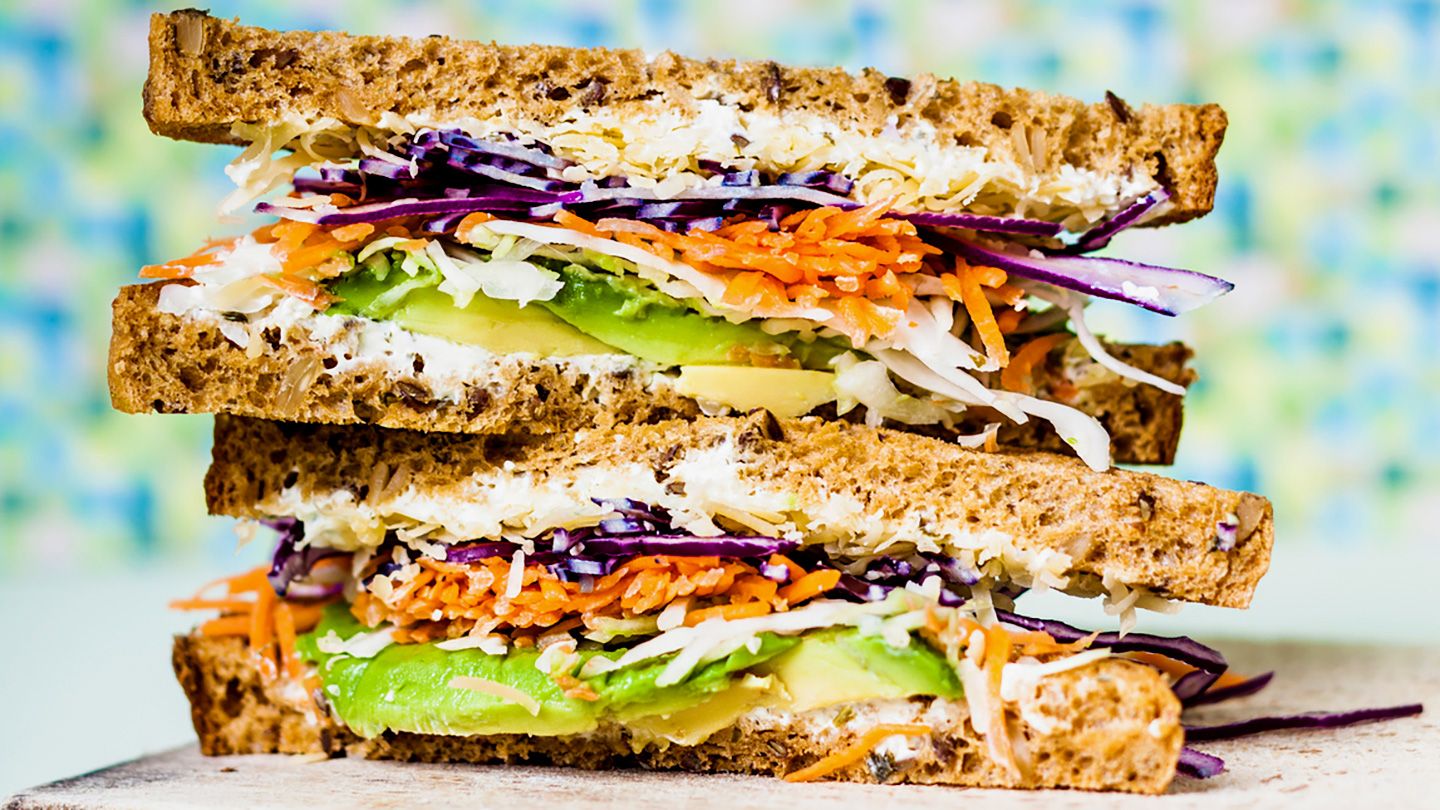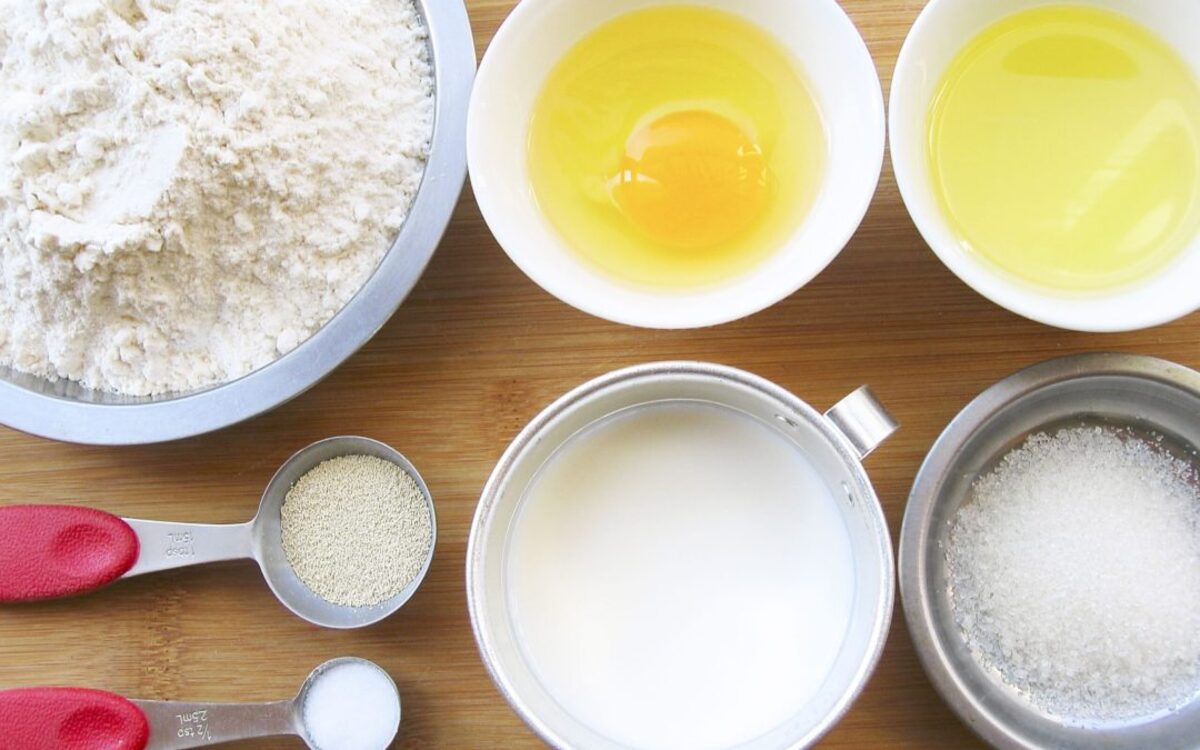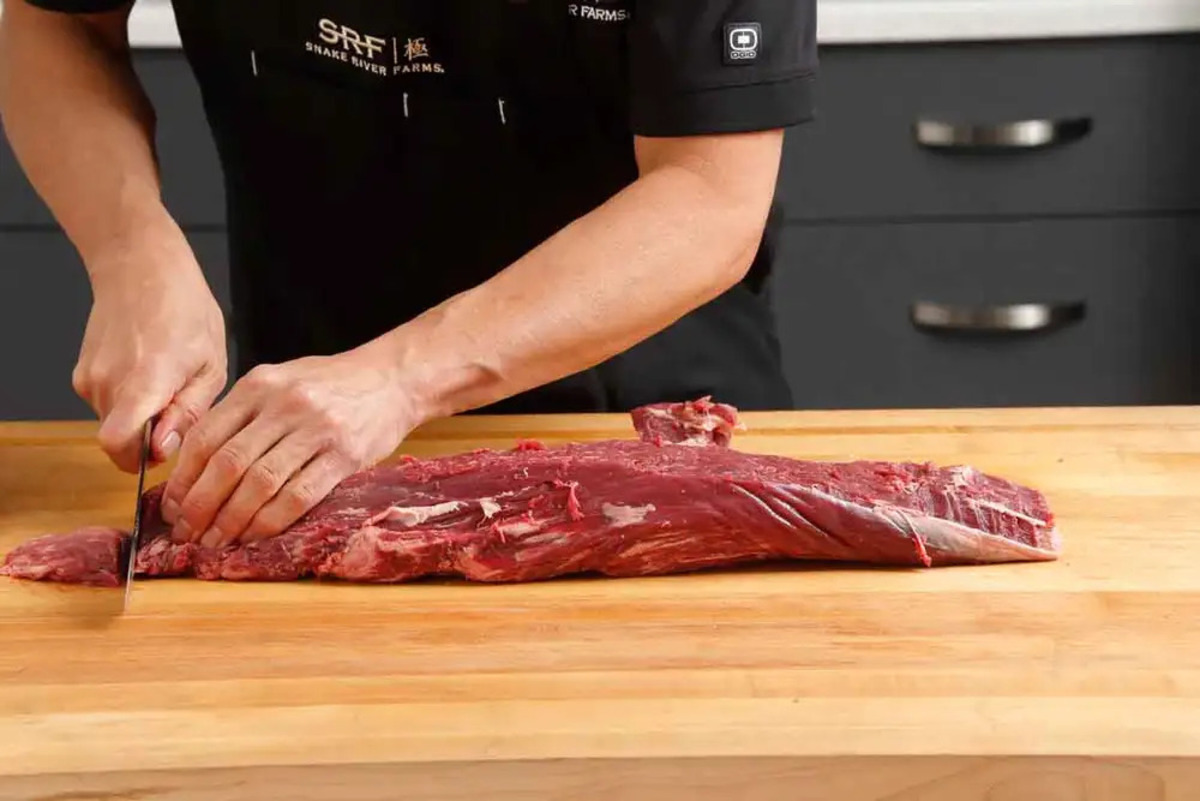Introduction
Grilling is an art form, a way to unleash your culinary creativity and impress your friends and family with mouthwatering dishes. But sometimes, those flare-ups can get in the way of achieving grilling perfection. Nobody wants their delicious barbecue ruined by excessive flames. But fear not! In this guide, we’ll walk you through some effective techniques on how to control grilling flare-ups, so you can enjoy your outdoor cooking experience to the fullest.
1. Clean Your Grill
One of the main causes of flare-ups is excess grease and food residue on the grill grates. Before you fire up your grill, make sure to give it a thorough cleaning. Use a grill brush to remove any leftover food particles and scrape off any built-up grease. This will not only prevent flare-ups but also help maintain the longevity of your grill.
2. Preheat and Oil the Grill
Preheating your grill is an essential step to ensure even cooking and reduce the chances of flare-ups. Allow your grill to heat up for at least 10-15 minutes before placing any food on it. Additionally, applying a thin layer of cooking oil to the grates will create a non-stick surface and minimize the risk of flare-ups.
3. Trim Excess Fat
Fat is delicious, but too much of it dripping onto the flames can lead to flare-ups. Before grilling fatty cuts of meat, such as steaks or chicken thighs, trim off any excessive fat. This will help reduce the amount of grease dripping onto the flames and tame those flare-ups.
4. Create Heat Zones
Creating different heat zones on your grill is a great way to control flare-ups. By having a high-heat zone and a medium-heat zone, you can move your food around to avoid direct contact with the flames. This can be done by adjusting the burner knobs on a gas grill or by arranging the charcoal on a charcoal grill.
5. Use a Drip Pan
Place a drip pan filled with water or another liquid under the food being grilled. This method helps catch any dripping fat or juices, preventing them from reaching the flames and causing flare-ups. It also adds moisture to the cooking environment, enhancing the flavors of your food.
6. Avoid Excessive Marinating
While marinating your food can add incredible flavor, excessive marinating can lead to excessive flare-ups. When the marinade is applied to the grill, the excess oil or sugar can ignite and cause flames to flare up. Try using a dry rub or just lightly coat your food with marinade to avoid excessive flare-ups.
7. Don’t Overcrowd the Grill
Give your food some breathing space on the grill. Overcrowding the grill can trap heat and moisture, leading to flare-ups. Leave enough space between each piece of food to ensure proper air circulation and even cooking. Consider grilling in batches if you have a large amount of food to cook.
8. Keep a Spray Bottle of Water Handy
If a flare-up does occur, don’t panic! Having a spray bottle filled with water nearby can be a lifesaver. A quick spritz at the base of the flare-up can help tame the flames. Be cautious not to use too much water, as it can create more steam and potentially lead to more flare-ups.
Conclusion
Grilling flare-ups are a common occurrence, but with these techniques, you’ll be equipped to handle them like a pro. Remember to keep your grill clean, preheat properly, and create heat zones. Don’t forget to use a drip pan, trim excess fat, and avoid overcrowding the grill. Finally, keep that spray bottle of water handy just in case. Now, go ahead and master the art of grilling without letting flare-ups get in the way of your BBQ perfection!
To master grilling without flare-ups, readers should try the Grilled Lemon Herb Chicken Breasts and Grilled Shrimp Skewers with Garlic Butter. These recipes allow them to practice controlling heat and managing marinades that can sometimes cause flare-ups. For a unique twist, the Grilled Eggplant Parmesan offers a delightful option that tests their ability to maintain steady grill temperatures. Lastly, the Grilled Ribeye Steak challenges them to achieve that perfect sear without igniting the flames, making it a rewarding endeavor for any grilling enthusiast.
Was this page helpful?
Read Next: How To Grill Skinless Fish Fillets Or Steaks
